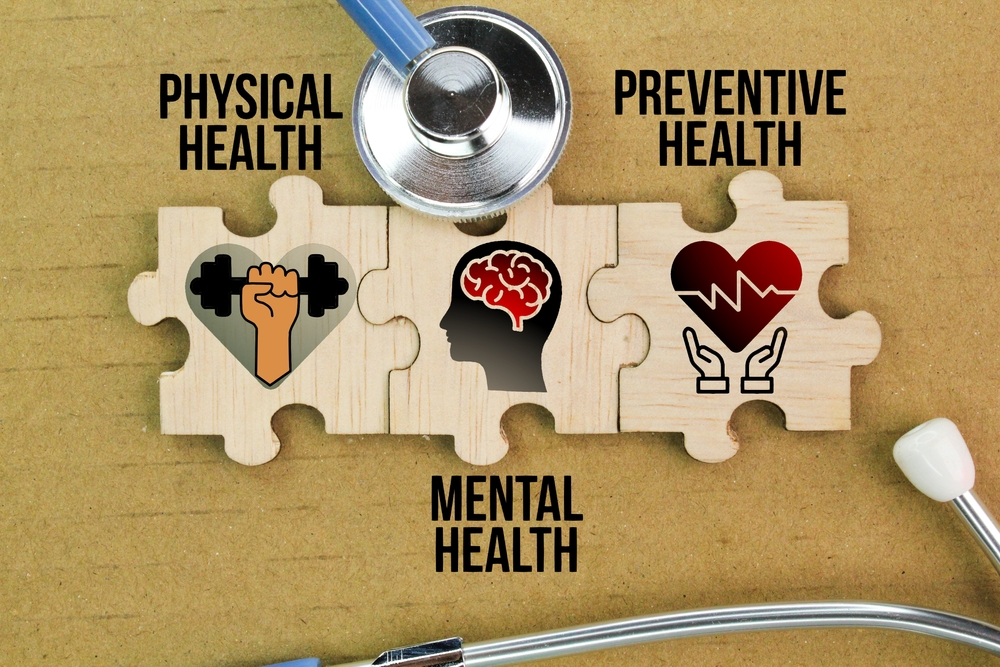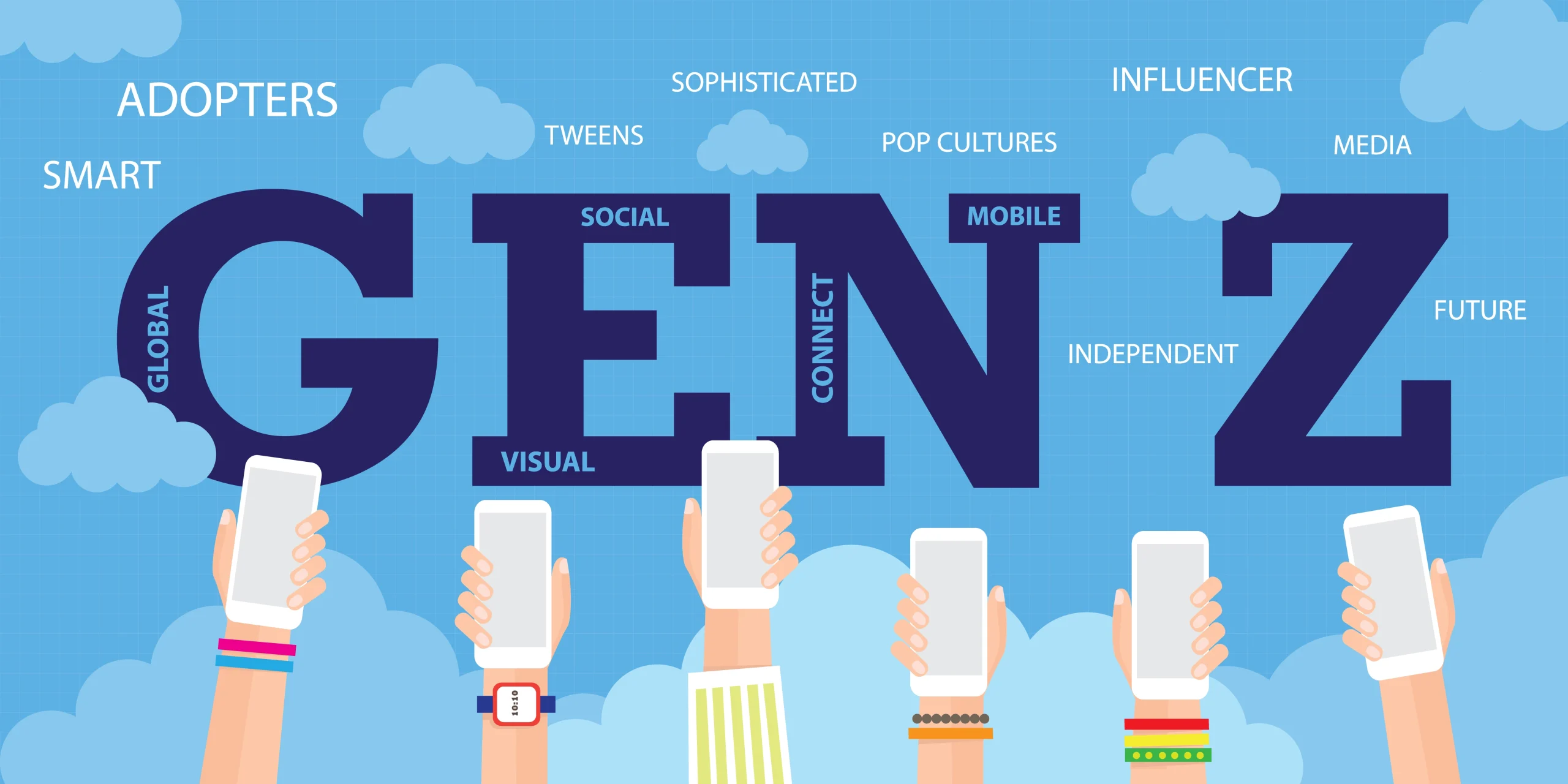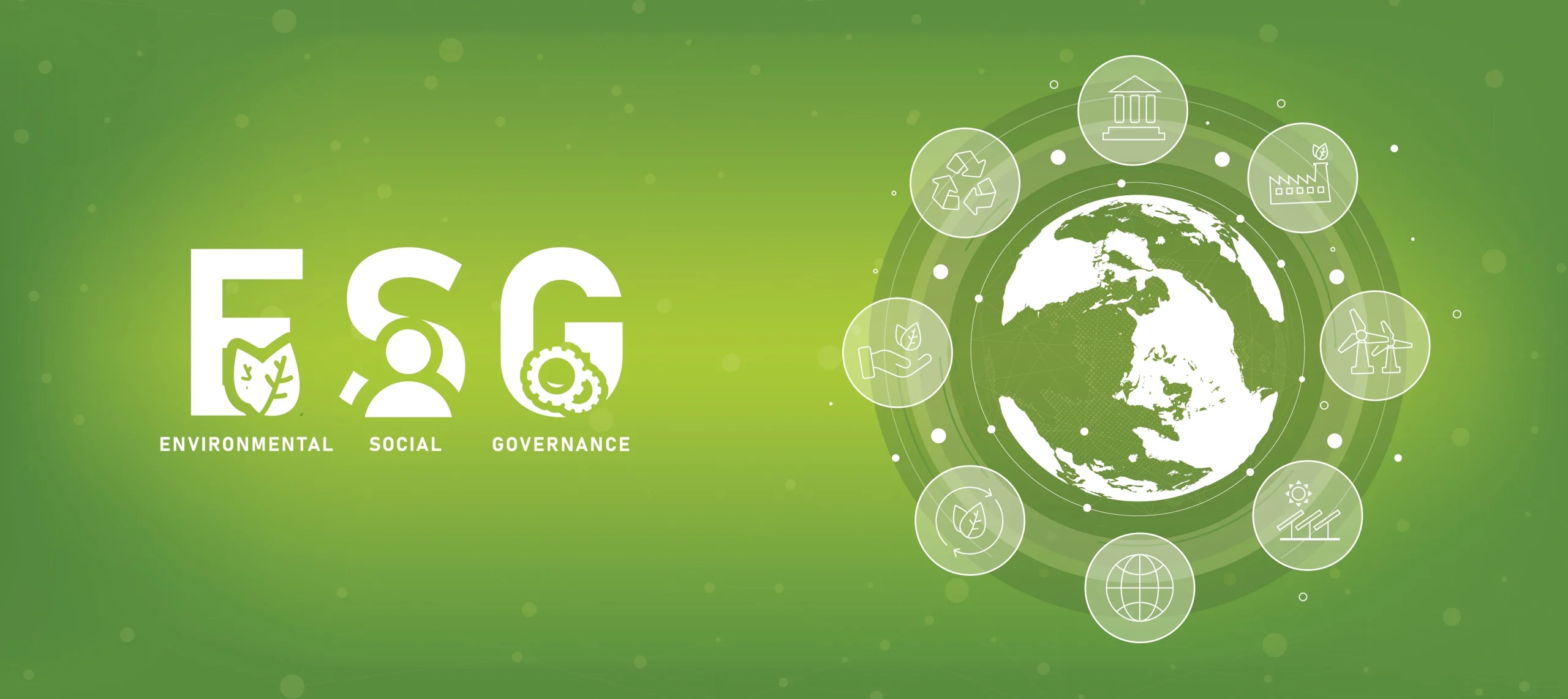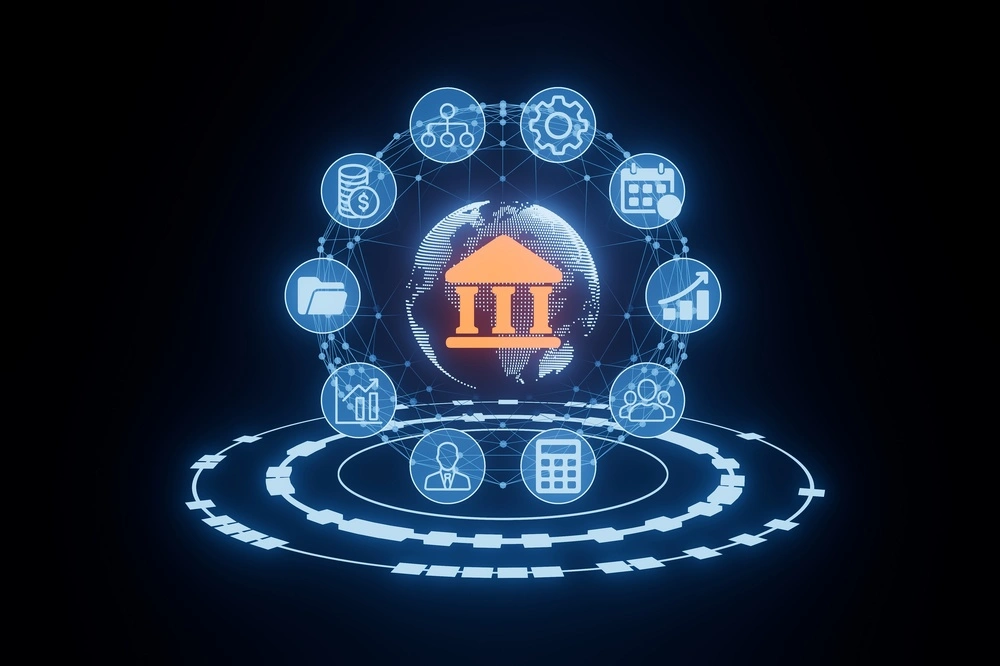In the demanding world of health and social care, the focus often rests on clinical expertise, technical proficiencies, and operational efficiency. We look for the newest medical breakthroughs, the most streamlined administrative processes, and people who can handle crises. But what truly elevates a good care system to a great one? The answer, increasingly, lies not in technology, but in emotional intelligence (EI).
Emotional Intelligence—the capacity to understand and manage one’s own emotions, and to perceive and influence the emotions of others—is fundamentally changing what it means to lead and work in this sector. For anyone considering a health and social care management degree or looking to elevate their career, mastering EI isn’t a soft skill; it’s a core competency.
Introduction: Beyond the White Coat—The Power of Emotional Intelligence
Hiren Raval, chief executive officer of C3S Business School based in Barcelona, Spain, notes that the integration of business and emotional skills is now non-negotiable. “Our students, many of whom study health and social care in Spain through our innovative programs, must leave with a strong foundation in both finance and empathy. You can’t manage a hospital with spreadsheets alone; you need heart.”
This blog will dive deep into why emotional intelligence is the beating heart of effective leadership and compassionate care, especially in environments where human vulnerability is constantly present.
Understanding the “Human Side” of Leadership and Caregiving
The nature of health and social care is inherently human. It deals with life, death, pain, hope, and vulnerability. A leader in this field is not just managing staff; they are managing the emotional ecosystem of an entire facility. This ‘human side’ demands a kind of leadership in healthcare that goes far beyond traditional authority.
According to Prof David Weir, Chief Patron of Academy of Policy and Research and Professor of Intercultural Management at York Business School in York St John University, great care leaders are “emotional translators.” He says, “They read the non-verbal cues from a stressed nurse, an anxious patient, or a frustrated family member, and translate those needs into positive action. This is the essence of emotional intelligence in healthcare professionals.”
The human side means recognizing that staff burnout is an emotional crisis, not just an HR issue. It means understanding that a lack of patient compliance might stem from fear, not defiance. For those looking at global health and social care careers, this emotional literacy is essential for bridging cultural and personal divides.
How EI Improves Communication, Empathy, and Teamwork
In a hospital ward or a residential care home, miscommunication can have dire consequences. Emotional intelligence acts as the lubricator for all interpersonal interactions, dramatically improving communication, empathy, and teamwork.
- Communication: An emotionally intelligent manager listens actively, not just waiting for their turn to speak. They can read the room during a difficult staff meeting and adjust their tone to diffuse tension, leading to clearer, more productive discussions.
- Empathy: Empathy is often cited as the cornerstone of EI. It allows a care professional to genuinely step into the shoes of a patient or colleague. Dr. Shaik Akbar Basha, director of London College of Business, a London-based B School located in Barking, stresses that “Without true empathy, a care plan is just a checklist. With empathy, it becomes a path to healing.” This skill is especially critical for those engaged in future of health and social care careers where complex, personalised care models are becoming the norm.
- Teamwork: Diverse, high-stress teams rely on trust. EI-driven leaders foster psychological safety, allowing team members to admit mistakes, share concerns, and collaborate without fear of judgment. This collective emotional awareness significantly boosts staff retention and morale.
The Impact of EI on Patient Care and Satisfaction
Ultimately, the goal of a health and social care management degree is to improve patient outcomes. EI directly contributes to this by transforming the patient experience. A nurse or doctor with high EI can better manage a patient’s anxiety before a procedure, explain a diagnosis with sensitivity, and build a relationship of trust.
Dr. Maria Fernanda Dugarte, dean and director of Institutional Affairs at C3S Business School in Barcelona, Spain, highlights the direct link. “High patient satisfaction scores correlate strongly with staff members who demonstrate high emotional intelligence in healthcare professionals. It’s the small, sensitive gestures that make a patient feel seen, not just treated.”
This profound skill set is also highly valued when looking into study abroad programs in healthcare management. Exposure to different systems, such as those available when you study health and social care in Spain, broadens a professional’s emotional repertoire, preparing them for the varied emotional landscapes of global health and social care careers.
EI in Social Care: Building Trust and Supporting Vulnerable Individuals
While EI is vital in clinical settings, it takes on an even more protective role in social care. Social care often involves long-term, intimate relationships with vulnerable individuals—the elderly, those with disabilities, or children in protection. In these settings, trust is paramount.
Professor (Dr) Sarat C Das, Director (Research) and Head of Industry Partnershp, C3S Business School, states that social care is “90% emotional labor.” He explains, “Building trust with a vulnerable person requires patience, consistency, and the ability to manage your own emotional responses to challenging behaviours. This is why our Master programs in Spain emphasise modules on applied psychology and emotional leadership.”
An emotionally intelligent social worker knows that a resident’s outburst is likely a communication of unmet need, not a personal attack. This reframing, driven by empathy, is what truly supports vulnerable individuals and drives success in the future of health and social care careers.

Real-World Examples of Emotionally Intelligent Leadership
Think about a hospital CEO who walks the wards, talking to janitorial staff and patient families, not just the department heads. That’s emotionally intelligent leadership in healthcare.
Prof (Dr) John Cokley, a veteran academician and researcher who has taught at multiple Australian universities, points out a crucial element: “Emotionally intelligent leaders don’t react; they respond. They create systems that prevent burnout by proactively checking the emotional pulse of their teams, rather than waiting for a mass resignation.”
Another example: a care home manager who notices a shift in the mood of a care worker and offers a flexible schedule or a mandatory ‘time-off’ voucher before that employee asks. This proactive, emotionally aware management style is what makes a facility a desirable place to work and provides stability for patients. This is the gold standard that professionals graduating from a health and social care management degree are expected to meet.
Developing Emotional Intelligence: The Four Pillars
The great news is that emotional intelligence is not fixed; it can be developed. Daniel Goleman famously broke EI into four domains, all essential for successful leadership in healthcare:
- Self-Awareness: Understanding your own emotions, strengths, weaknesses, values, and goals—and recognizing their impact on others. Navin Manaswi, a global AI domain expert, notes, “Even as we look toward AI integration, the human element of self-awareness will remain our unique advantage in patient-facing roles.”
- Self-Regulation (or Motivation): Controlling or redirecting disruptive impulses and moods. This includes the motivation to achieve for its own sake and resilience in the face of setbacks.
- Empathy: The skill we’ve discussed—perceiving and understanding the feelings of others.
- Social Skills (or Relationship Management): Proficiency in managing relationships and building networks, including communication, conflict resolution, and teamwork.
Dr Aida Mehrad, head of academics at C3S Business School in Barcelona, Spain, insists, “These skills must be taught deliberately. They are as critical as learning epidemiology or finance. Our curriculum, especially for those who study health and social care in Spain, integrates workshops on reflective practice and conflict resolution.”
Training Programs and Courses for EI Enhancement
The modern curriculum for health and social care management degree programs reflects this shift. No longer is training just about policy and budgeting. Institutions are now embedding EI development into their core teaching.
Prof Philip Mayer, a London-based faculty at Regent’s University London, suggests that simulations and case studies are key. “You can’t lecture someone on empathy. They have to live it. We use role-playing scenarios involving difficult patient conversations or ethical dilemmas to hone the practical application of emotional intelligence in healthcare professionals.”
Many universities are partnering with business schools to leverage their expertise in soft skills. For example, enrolling in Master programs in Spain that are offered through a business school in Spain for healthcare management provides a powerful blend of robust management strategy and essential interpersonal skills, preparing graduates perfectly for global health and social care careers. Pretam Pandey, chief of operations at C3S Business School in Barcelona, confirms this approach: “Our goal is to produce global citizens—compassionate managers, not just efficient administrators.”
EI and Stress Management in Demanding Care Environments
The care sector is notoriously high-stress. The combination of understaffing, long hours, and the emotional weight of patient outcomes can lead to chronic burnout. Here, emotional intelligence serves as a critical buffer.
Dr Dababrata Chowdhury, a senior faculty at the University of Canterbury Christchurch in the UK, observes, “An emotionally intelligent person can spot the early signs of stress in themselves and their colleagues. They use self-regulation techniques—like mindfulness or strategic breaks—to maintain their capacity for care.”
Furthermore, EI allows leaders to create a low-stress culture. Bela Desai, head of business at C3S Business School in Barcelona, emphasizes the leader’s role in this. “A manager who acknowledges the emotional toll of the job, rather than ignoring it, validates staff feelings and builds a resilient workforce. This culture makes pursuing future of health and social care careers a sustainable, long-term choice.”
Why Employers Value EI Over Technical Skills Alone
While technical competence is the price of entry, emotional intelligence in healthcare professionals is the differentiator for promotion. A hospital can teach a new software system or a billing process, but they cannot easily teach empathy or resilience.
Dr P. R. Datta, executive chair of Centre for Business & Economic Research (CBER) based in London, states unequivocally, “We survey employers globally, and the consistent feedback is: hire for technical skills, but promote for soft skills. The ability to manage conflict, motivate a diverse team, and maintain composure under pressure is invaluable, especially in leadership in healthcare.”
For those pursuing study abroad programs in healthcare management, showcasing EI skills demonstrates adaptability and cultural competence, making them highly desirable candidates in global health and social care careers. The same applies to graduates from a business school in Spain for healthcare management—the combination is a powerful employment magnet.

Career Growth and EI: The Path to Leadership
The path from entry-level care worker to high-level administration is paved with successful human interactions. Professionals with high EI are naturally placed on the fast track for leadership in healthcare.
Professor Mani Tahriri of C3S Business School notes that EI directly translates into effective negotiation and strategic partnerships. “The best health administrators are the ones who can emotionally connect with stakeholders—government officials, insurance providers, and community leaders—to secure resources for their facility,” he suggests.
The demand for emotionally astute leaders will only grow, solidifying the role of EI in the future of health and social care careers. Graduates from a reputable health and social care management degree who can demonstrate their EI skills in interviews will stand out significantly.
Emotional Intelligence and Ethical Decision-Making
Ethical dilemmas are daily occurrences in patient care—from end-of-life choices to resource allocation. Emotional intelligence in healthcare professionals doesn’t just make these decisions easier, but wiser and more humane.
Dr Rajat Baisya, a global management consultant and former dean of IIT Delhi, says, “Ethics are not a checklist; they are a continuous emotional negotiation. You need the empathy to understand the patient’s fear and the self-awareness to recognize your own biases before making a morally complex decision.”
This is taught rigorously, especially in academic settings like those offering Master programs in Spain, where the blending of cultural viewpoints adds another layer to ethical thought. Professor Xavier Puertas at C3S Business School highlights that “Understanding the diverse, often contradictory, emotional needs of patients and their families is the first step toward an ethical resolution.”
EI in Multicultural and Diverse Care Teams
As global health and social care careers become more common, care teams are increasingly diverse. This introduces complex dynamics related to language, cultural norms, and different expectations around care.
Prof Michael Taylor, Registrar of the London College of Business based in London, notes, “EI is the universal translator in diverse teams. It allows a manager to recognize that a staff member’s silence might be respect, not defiance, or that a family’s reserve might be cultural, not unconcern.”
The ability to manage, motivate, and unify a multicultural team is the hallmark of advanced leadership in healthcare. Professionals who have gained experience through study abroad programs in healthcare management or by completing a health and social care management degree from a global institution often possess this cultural EI advantage.
How Future Leaders Combine Management Skills with Emotional Awareness
The future leader in this sector, exemplified by graduates from a business school in Spain for healthcare management, will be a hybrid: technically proficient and emotionally sophisticated.
Professor Eduardo Ortiz, C3S Business School, Barcelona, Spain, describes this new leadership paradigm: “It’s about ‘leading from the middle.’ You use your management skills to optimize processes, but you use your emotional intelligence to inspire the people who run those processes.”
This new leader is trained in the four pillars of EI, ready to address the complexities of modern care, be it managing a multi-million-euro budget or counseling a grieving family. Dr. Fernando Velasquez Villalba, a senior faculty at C3 Business School, Spain, succinctly puts it: “True power in this sector comes from the ability to generate a positive emotional climate.”
Conclusion: Cultivating EI for a More Human-Centered System
The journey toward a more compassionate, effective, and human-centered care system runs directly through emotional intelligence. It is the vital skill that transforms administrators into leaders, care workers into healers, and systems into communities of support.
Whether you are embarking on a health and social care management degree, looking for Master programs in Spain, or aiming for leadership in healthcare, your capacity for self-awareness and empathy will define your success. It’s the difference between a job and a vocation.
The demand for emotionally intelligent professionals in the future of health and social care careers will only continue to grow. As Dr P. R Datta, executive chair, CBER UK reminds us, “The human touch can never be automated. Invest in your emotional intelligence; it is the most valuable asset you possess.”
The world of health and social care needs brilliant minds, but more urgently, it needs compassionate hearts. Start cultivating yours today.





